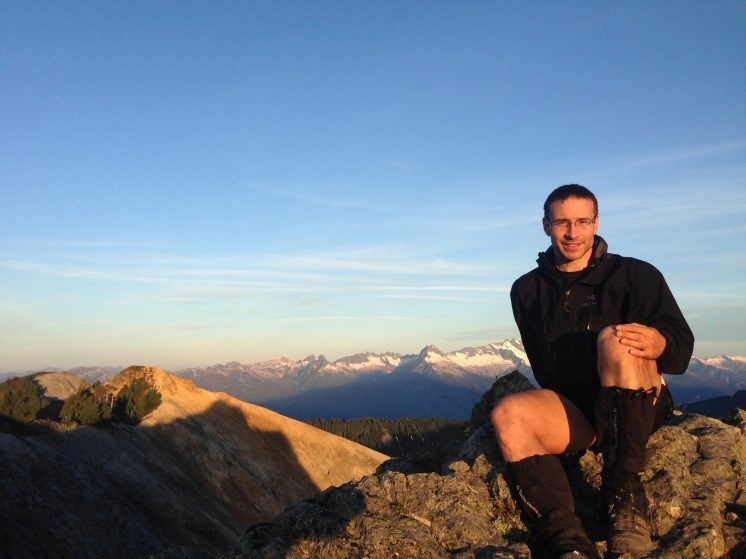While they may not make for the easiest bike ride on the Valley Trail, Whistler’s dark nighttime skies have proven to be a draw to the community’s amateur astronomers.
Just ask Robert Conrad, who runs the newly revamped Whistler Astronomy Club, and has seen interest, ahem, skyrocket over the past couple months.
“There is quite a bit of interest because we live in a not-so light polluted area,” said Conrad. “We have a Facebook group … that began with 10 members two months ago when we started it and it’s gone up to 150 just over the last few weeks.
“I wonder if we might end up outgrowing our space at the library because it’s getting to be so popular.”
The astronomy club, which Conrad took over from astronomer John Nemy in June, meets once a month at the Whistler Public Library.
Conrad said he wants to give Whistlerites the practical tools they need for stargazing through an engaging, hands-on approach to learning.
“Instead of it being a very passive sort of lecture for two hours, I try to get people involved,” he said. “So I’ll give them assignments, for example, to research a particular constellation. They’ll have to research a constellation and tell me when you can see it and what some of the interesting deep sky objects in that constellation are.”
Group members are usually given a bit of homework to work on each month depending on where the group’s interests lie. Lots of people have been asking about telescopes, for instance, so Conrad might assign a type of telescope for each member to research over the course of the month.
The group is also learning that astronomy involves more than simply pointing a telescope at the night sky.
“I want people to realize that there’s a lot of planning involved in astronomy, so if you want to learn the constellations you have to plan ahead of time because certain constellations are only visible at certain times of year,” said Conrad, who has put together a quick reference guide for members that shows when specific constellations are most visible from Whistler.
A particular emphasis during the monthly meetings has been placed on “star hopping,” a technique commonly used by amateur astronomers to recognize hard-to-spot celestial objects.
“(It’s) something that’s generally reserved for people with more experience,” Conrad explained. “I’m used to taking a lot of complex information and making it simple for people to understand, so I’m hoping to get people on our viewing sessions to learn how to find the deep sky objects, like the Andromeda Galaxy or the Double Cluster in Perseus, with binoculars or small telescopes.”
This summer has offered Whistler astronomers plenty to fawn over — just last month there was the Pluto flyby and the Delta Aquarid meteor shower. Next week will provide another cosmological treat in the form of the Perseid meteor shower, which is expected to peak the night of Aug. 12 into the early morning hours of Aug. 13.
“Luckily it’s going to be only a few days from a new moon, so it’ll be great to get out there,” Conrad said. “The forecast is that 80 to 100 meteors per hour will be generated (between midnight at 4 a.m.).”
The Whistler Astronomy Club meets on the third Thursday of the month. The next meeting is scheduled for Aug. 20 at 7 p.m. Visit the club’s Facebook page for more information.




